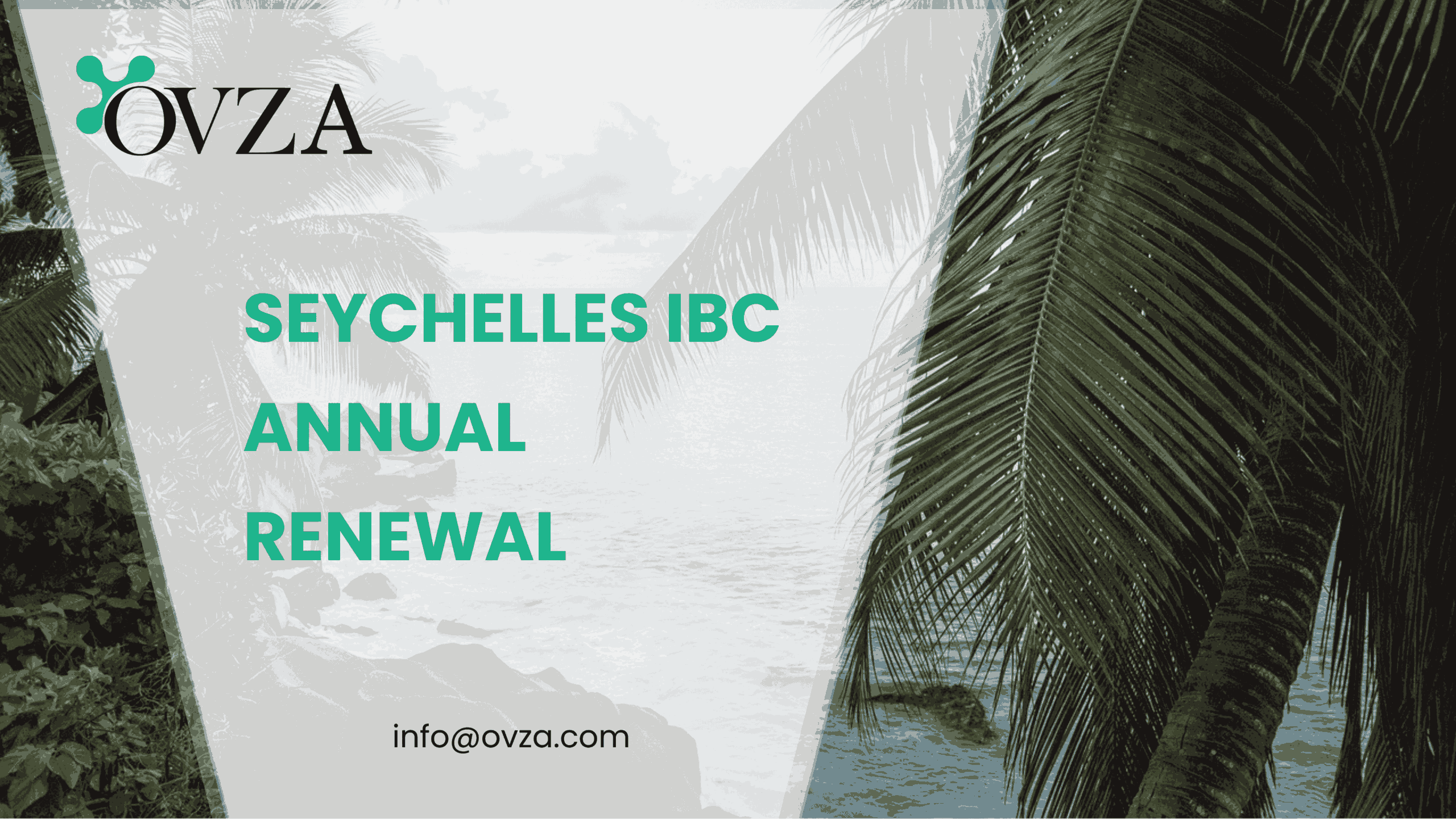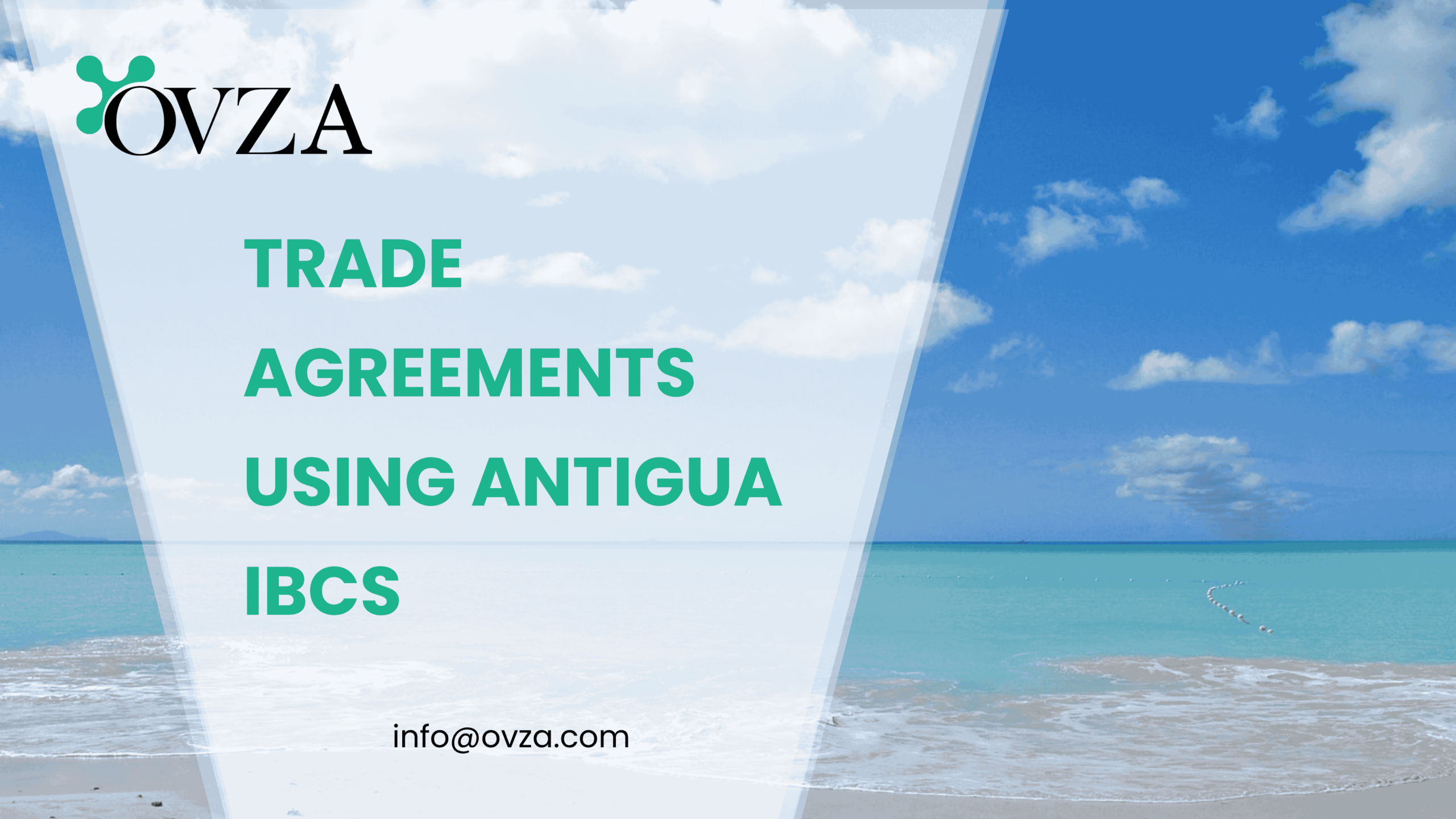An offshore company as a royalty collection vehicle is widely used to centralize IP income and manage cross-border licensing efficiently.
As global revenue streams shift toward intangible assets—software, media, digital products, and trademarks—the question is no longer whether royalty flows can be structured, but how they can be structured defensibly. In 2025, this involves legal substance, tax transparency, and careful jurisdictional selection. The offshore company as a royalty collection vehicle remains a powerful tool, but it must be built with precision.
- Legal Ownership of IP and Licensing Authority
- Royalty Routing and Cross-Border Agreement Structuring
- Operational Substance and Regulatory Risk
- Jurisdiction Selection and Strategic Positioning
- Tax Treatment of Royalty Income and Global Reporting Obligations
- Best Offshore Jurisdictions for Royalty Collection Structures
- Conclusion
Legal Ownership of IP and Licensing Authority
The first requirement for using an offshore company as a royalty collection vehicle is that the company must either own the underlying intellectual property or be contractually granted the exclusive right to license it. Ownership can be achieved through development (if the company funds and controls IP creation) or assignment (where an existing IP is transferred to the offshore entity). Without legal ownership or licensing rights, the offshore company has no legitimate claim to royalty income.
Transfer of IP must be supported by valuation documents and formal agreements, especially in the context of related-party transactions. If the IP is assigned from a company or individual in a high-tax jurisdiction to an offshore entity, tax authorities may challenge the transaction under anti-avoidance rules unless the price reflects fair market value and the move has clear commercial rationale. That’s why documentation is critical. For an offshore company as a royalty collection vehicle to be sustainable, ownership and rights must be recorded, priced, and defensible.
Royalty Routing and Cross-Border Agreement Structuring
Once the offshore company holds the IP or license rights, it can enter into contracts with onshore companies, subsidiaries, or third-party users to collect royalty payments. These agreements must be drafted under commercially standard terms, with appropriate pricing and duration clauses. If the offshore company is licensing software, brand names, or media, then the terms must reflect what an independent third party would have charged under similar conditions.
This arm’s-length pricing principle is enforced by transfer pricing rules in most developed countries. In 2025, regulators expect that any offshore company as a royalty collection vehicle collecting payments from related parties will support those rates with comparables, valuations, and economic studies. Without such evidence, tax authorities may adjust the deductible royalties or reallocate profits, defeating the purpose of the offshore structure entirely.
Commercial terms must also designate the offshore company as the legal payee, and invoices must be issued in its name. If local clients or subsidiaries pay royalties to an offshore IP owner, they must show that the offshore entity actually manages and controls the licensing process—or at the very least, administers the contracts from a legal and operational standpoint.
Operational Substance and Regulatory Risk
Economic substance laws now apply to most jurisdictions commonly used for IP holding, such as the British Virgin Islands, Cayman Islands, and Seychelles. This means that an offshore company as a royalty collection vehicle must do more than simply exist on paper—it must demonstrate real operational presence. Depending on the jurisdiction, this may require local directors, board meetings, financial records, and proof of decision-making. If the company fails to meet substance requirements, it may face local penalties or risk reclassification of income under foreign CFC laws.
Banks and financial institutions are also tightening their due diligence on royalty-based structures, especially when high volumes of intangible payments are involved. To open an account or receive international wire transfers, the offshore company must provide proof of contracts, ownership rights, and licensing activity. Failure to do so may lead to blocked payments, account rejection, or increased scrutiny under anti-money laundering rules.
The offshore company as a royalty collection vehicle must therefore be operationally active. Even if day-to-day administration is outsourced, the core contractual decisions, financial flows, and governance must be traceable and auditable.
Jurisdiction Selection and Strategic Positioning
Choosing the right jurisdiction is central to establishing a legally sound and commercially effective offshore company as a royalty collection vehicle. Not all offshore centers offer the same level of credibility, legal infrastructure, or tax treatment. In 2025, regulators and counterparties scrutinize royalty flows more than ever, so selecting a jurisdiction that balances tax neutrality with compliance credibility is key.
Jurisdictions like the British Virgin Islands, St. Kitts and Nevis, and Belize remain common choices because they offer 0% corporate tax on foreign-source income and provide flexibility in how licensing entities are structured. However, substance requirements must be met, especially for companies collecting royalties as a core activity. The BVI, for example, requires entities engaged in intellectual property business to demonstrate enhanced substance, including qualified employees and tangible expenditure within the jurisdiction. Failure to meet these obligations can result in penalties or the structure being disregarded entirely.
The offshore company as a royalty collection vehicle must also be acceptable to licensees and financial institutions. If the IP will be licensed into Europe or the U.S., for example, the offshore jurisdiction must not be on any blacklists or subject to restrictions that could hinder cross-border payments. Furthermore, in cases where tax treaties are required, a mid-shore jurisdiction—such as Cyprus or the UAE—may be paired with the offshore company to enable more favorable withholding tax treatment.
Tax Treatment of Royalty Income and Global Reporting Obligations
While many offshore jurisdictions do not tax royalty income locally, this does not mean the income is completely tax-free. Most of the tax exposure arises in the country where the royalties are generated, or in the country of residence of the ultimate beneficial owner. For this reason, any offshore company as a royalty collection vehicle must be analyzed through the lens of international tax rules, including transfer pricing standards, Controlled Foreign Corporation (CFC) regulations, and the OECD’s anti-BEPS framework.
If the company is receiving royalties from related parties—such as a subsidiary, affiliate, or family business—those payments must be priced and documented at arm’s length. Without proper pricing support, tax authorities may reduce the deductible royalty expense or recharacterize the income. In high-tax jurisdictions, this can eliminate the benefit of the offshore structure entirely.
Additionally, the beneficial owner of the offshore company may have reporting obligations under FATCA, CRS, or domestic anti-deferral rules. Income accumulated in the offshore entity may still be taxable at the individual level, even if it is not distributed. This is particularly true in the U.S., UK, Canada, and much of the EU. As such, anyone using an offshore company as a royalty collection vehicle must engage in cross-border tax planning, not just entity formation.
Documentation is critical—this includes licensing agreements, IP assignment deeds, royalty invoices, board resolutions, substance records, and banking paperwork. In the event of an audit, the offshore structure must be able to prove its legitimacy not only in the eyes of the offshore registrar, but in every jurisdiction where royalties are paid or received.
Best Offshore Jurisdictions for Royalty Collection Structures
When choosing where to base an offshore company as a royalty collection vehicle, the jurisdiction must be carefully evaluated for tax neutrality, legal infrastructure, enforceability of contracts, and its track record with IP-related income. Royalty structures are particularly sensitive to issues like economic substance, reputational perception, and ease of cross-border payments. The most effective structures are found in jurisdictions that combine international credibility with efficient regulation and flexible corporate governance.
Below is a chart ranking the most suitable jurisdictions for establishing a royalty collection entity in 2025:
Conclusion
Using an offshore company as a royalty collection vehicle remains a legitimate and highly effective strategy when structured with care. It allows intellectual property owners and global licensors to centralize income, preserve operational flexibility, and optimize cross-border tax exposure—so long as the entity meets modern regulatory expectations.
In 2025, legal substance, pricing justification, and transparent documentation are no longer optional. To succeed, the structure must demonstrate real commercial activity, defend its royalty flows under scrutiny, and comply with reporting rules in every jurisdiction involved.
Disclaimer: The information provided on this website is intended for general reference and educational purposes only. While OVZA makes every effort to ensure accuracy and timeliness, the content should not be considered legal, financial, or tax advice.











